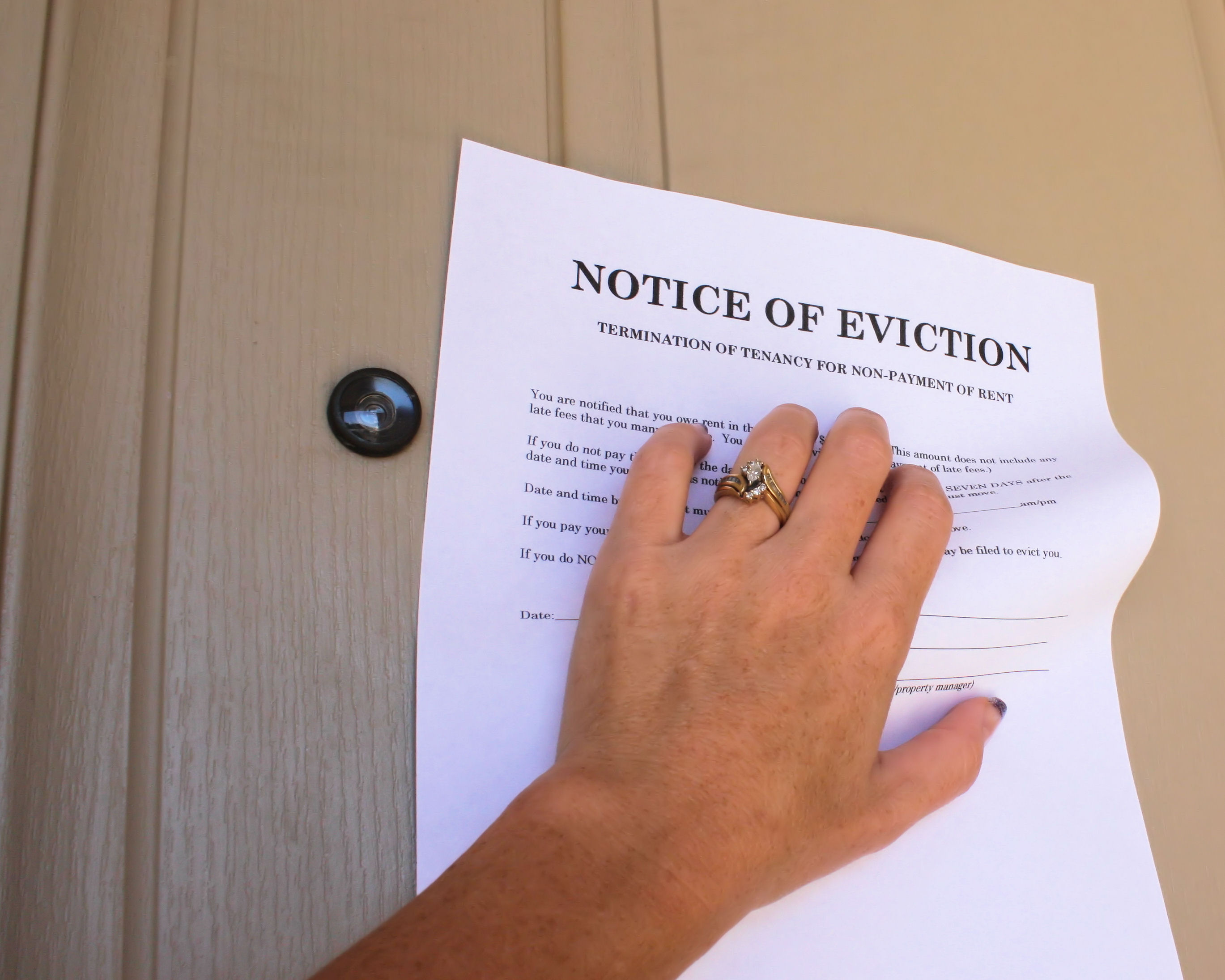
Under a California law enacted in 1985, landlords have the legal right to evict residential tenants as a means of “going out of business” for any purpose, such as avoiding bankruptcy or using rental property for personal reasons. The legislation counteracts previous judicial decisions that authorized city councils and county boards to compel a landlord to continue offering a property for rent in contravention to the landlord’s stated desire to cease renting properties. The Ellis Act is identified as a just cause for eviction and preempts local regulations inconsistent with the Act.
In order to pursue an Ellis Act eviction, a landlord must follow specific rules and procedures. A landlord must evict all the tenants in a building and cannot single out certain tenants for any reason, or just remove one unit in the building from the rental market. A public entity may require by statute, ordinance or regulation that an owner opting to withdraw a property from the rental market comply with certain obligations consistent with the Act. A landlord may be obligated to pay sizeable relocation fees, which can increaseif a unit is occupied by a person who is elderly, disabled or living with a child. An owner may be required to give notice to the local public entity and to tenants at prescribed times regarding the owner’s intentions and the evictions. An owner must provide one year’s notice if the tenant is at least 62 years old or disabled and has been occupying the unit for at least a year. Failure to comply with applicable requirements may serve as a defense to any unlawful detainer action brought against a tenant.
The Ellis Act has been controversial in cities that are known for their housing shortage concerns, such as San Francisco. Opponents of the Ellis Act assert that landlords rely on this legislation to evict tenants and thereafter sell their properties to real estate developers. They view the Ellis Act as a legal loophole for real estate developers and speculators to evict otherwise law abiding tenants who could not be evicted on other grounds. The developers then convert these properties from multi-unit buildings to luxury condominiums or mansions, thereby limiting the availability of affordable housing.
Pending legislation, introduced in February, 2015 (SB 364) attempts to address an ambiguity in the law which allows speculators to purchase rent-controlled buildings and shortly thereafter evict long term tenants under the Ellis Act. As proposed, this bill seeks to impose a special statute limited to San Francisco to require all owners of a property being withdrawn from rental to have owned it for at least five years prior to the notice. As pressure increases on affordable housing in other populated areas, there may be similar efforts to limit speculation and/or development that would eliminate these units from the housing market.
If you are a landlord or tenant in California, it is important to stay apprised of your legal obligations and rights. Contact Shane Coons at 949-333-0900 or visit www.ShaneCoonsLaw.com to learn about California’s landlord-tenant laws.
